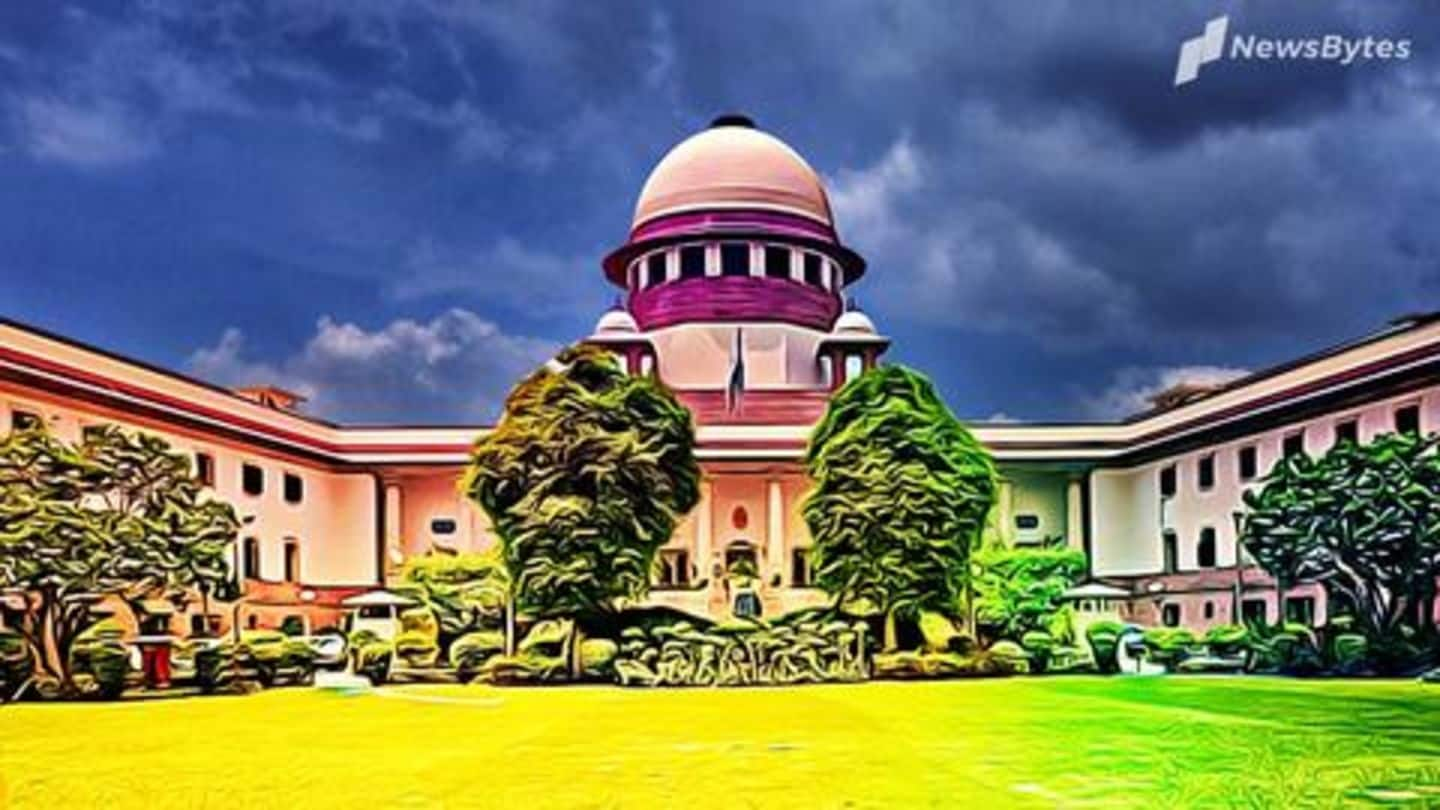
J&K: Indefinite internet suspension not permissible, SC tells government
What's the story
The Supreme Court on Friday gave its verdict on a batch of pleas challenging the curbs imposed in Jammu and Kashmir and directed the administration to review all restrictive orders within a week.
The top court underscored that the internet can't be suspended indefinitely. The verdict was signed by a bench including Justices NV Ramana, R Subhash Reddy, and BR Gavai.
Here's more.
Background
Context: Before abrogating Article 370, Centre put restrictions on J&K
An unprecedented security cover has been in place in J&K since August when Centre revoked provisions of Article 370 that gave special status to the erstwhile state.
Defending its decision to suspend communication modes, including mobile internet services, Centre said this would keep a check on terrorist activities.
On December 27, internet was restored in the Union Territory of Ladakh, but not the Valley.
Internet
Right to internet comes within freedom of speech, noted SC
About the internet restrictions, the bench said, "It is no doubt that freedom of speech is an essential tool in a democratic setup. Freedom of Internet access is a fundamental right under Article 19(1)(a) of free speech."
It also stated that curbs should be put on the internet only in unavoidable situations.
"Authorities must explore alternate means before doing that," the bench added.
Details
Liberty and security are always at loggerheads: SC
Pronouncing the verdict, Justice Ramana said the court will not concern itself with the political motives behind these orders.
"Liberty and security are always at loggerheads. It is the Court's job to ensure that the citizens are provided all rights and security," he said and added disagreements don't necessarily mean destabilization.
The bench also reminded that Kashmir has witnessed a lot of violence.
Quote
SC said Section 144 can't be used to curb liberty
"Section 144 of CrPC cannot be used to curb liberty, it can be used only where there is a likelihood of incitement of violence and danger to public safety. Some trade and occupations are dependent on the internet," the top court noted.
Arguments
Petitioners spoke about rights, government's counsel about past
The petitioners in this matter included Editor of Kashmir Times, Anuradha Bhasin and senior Congress leader Ghulam Nabi Azad.
While they attempted to shed light on human rights violations, Attorney General KK Venugopal, who represented the government, said it would have been foolish of the administration to not impose restrictions, considering Kashmir's violent past.
He also claimed no one died after Article 370's abrogation.